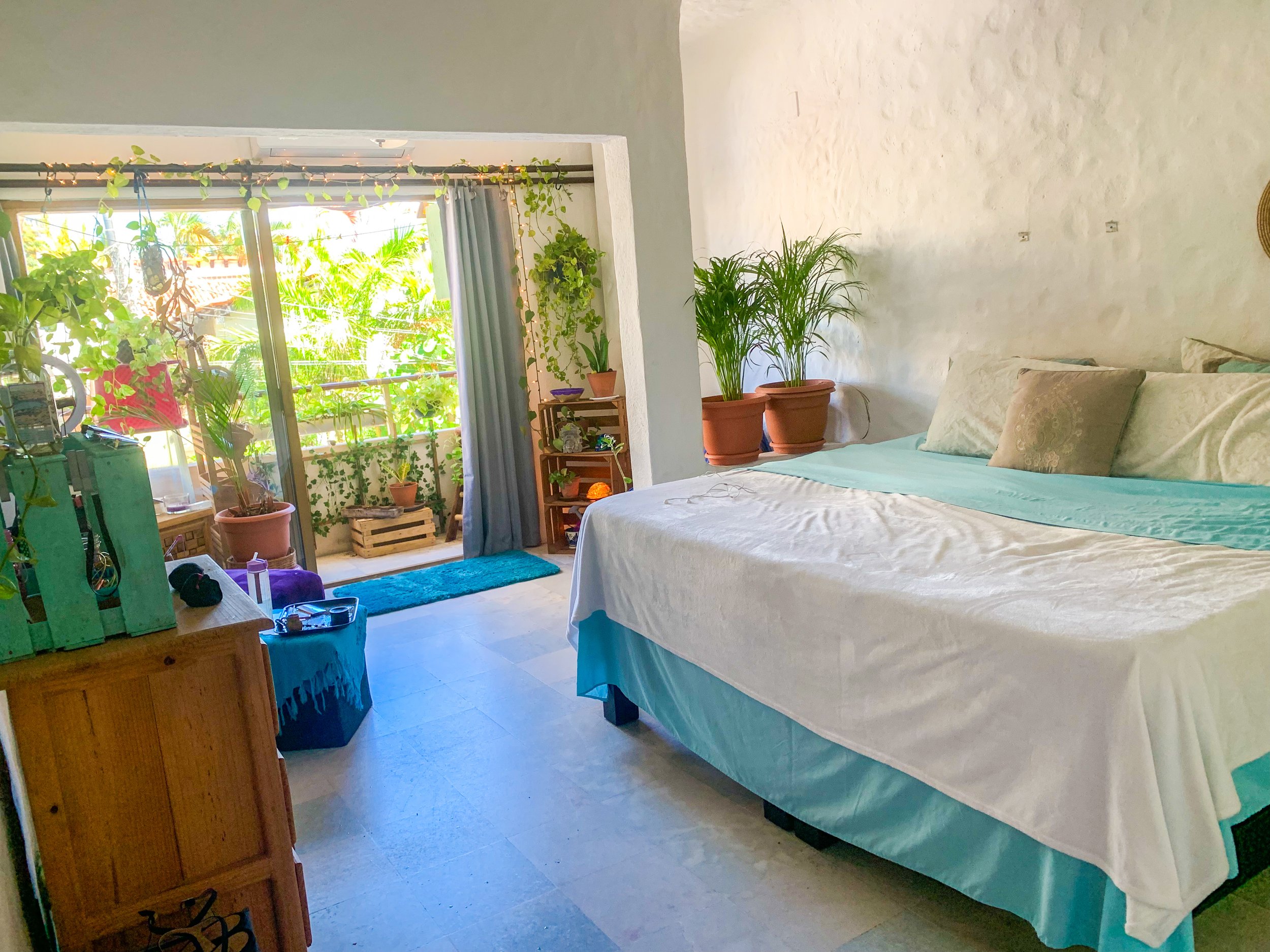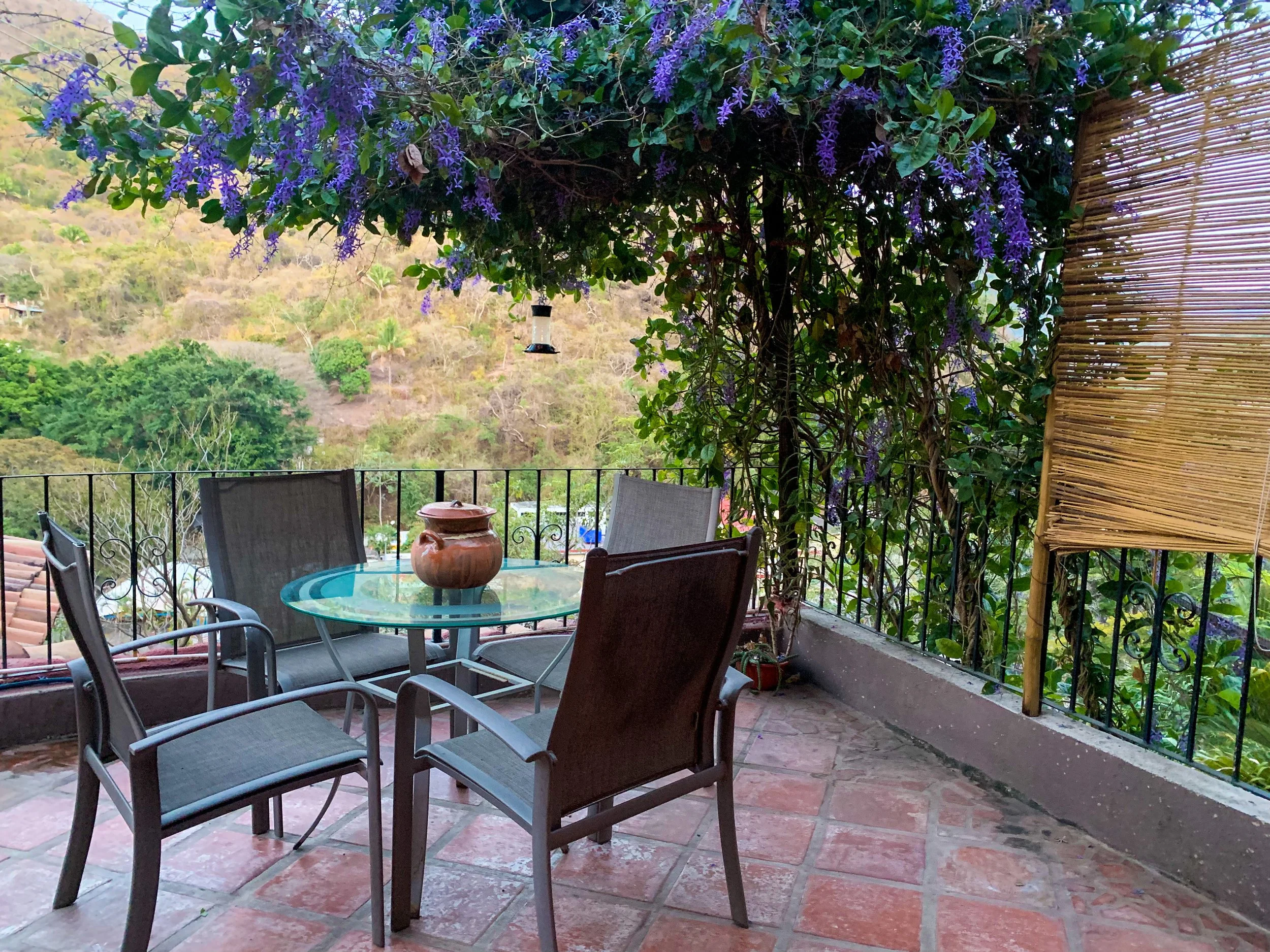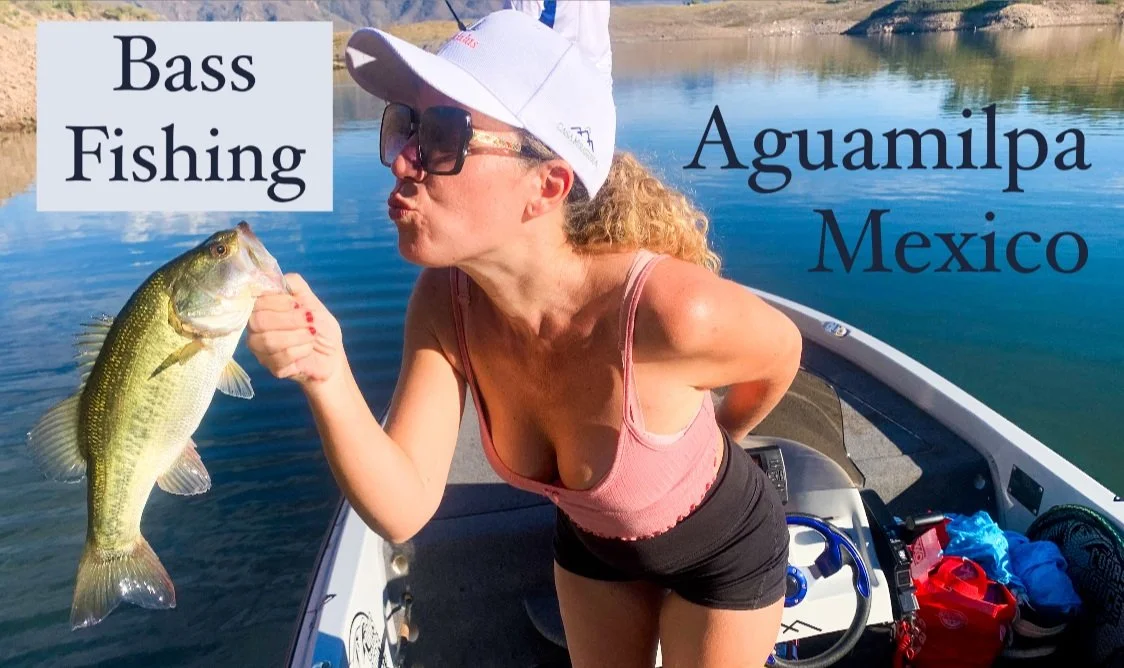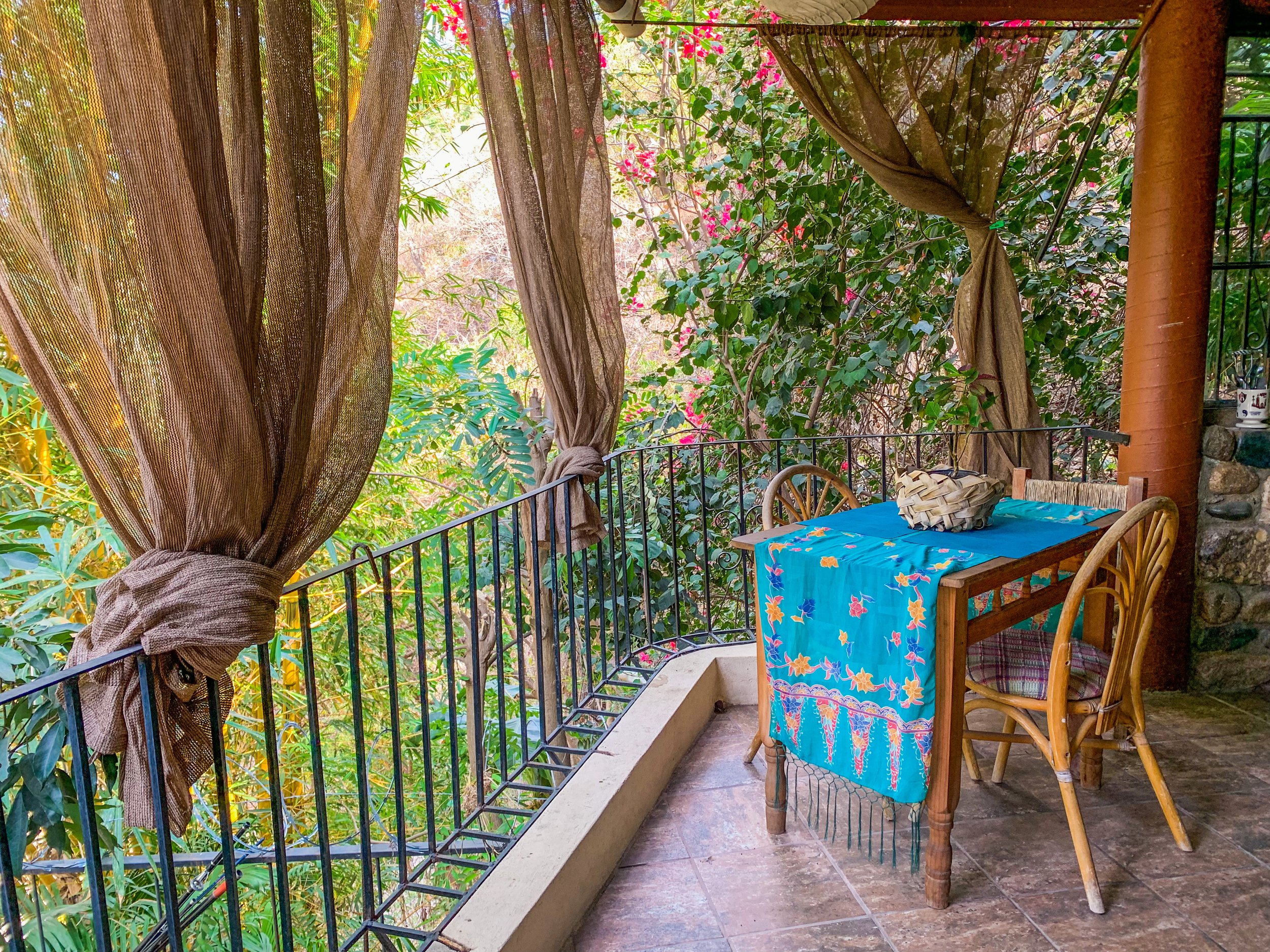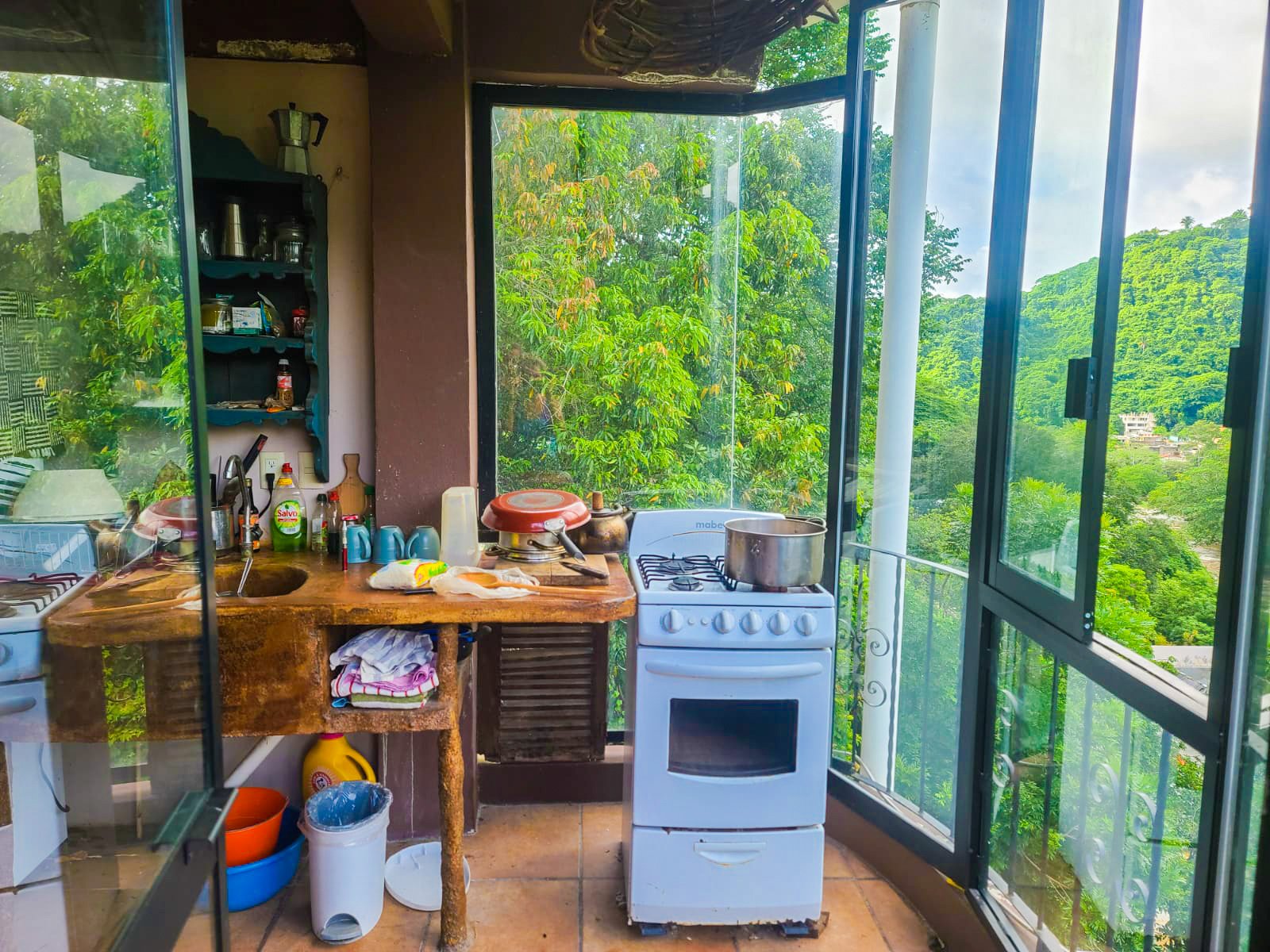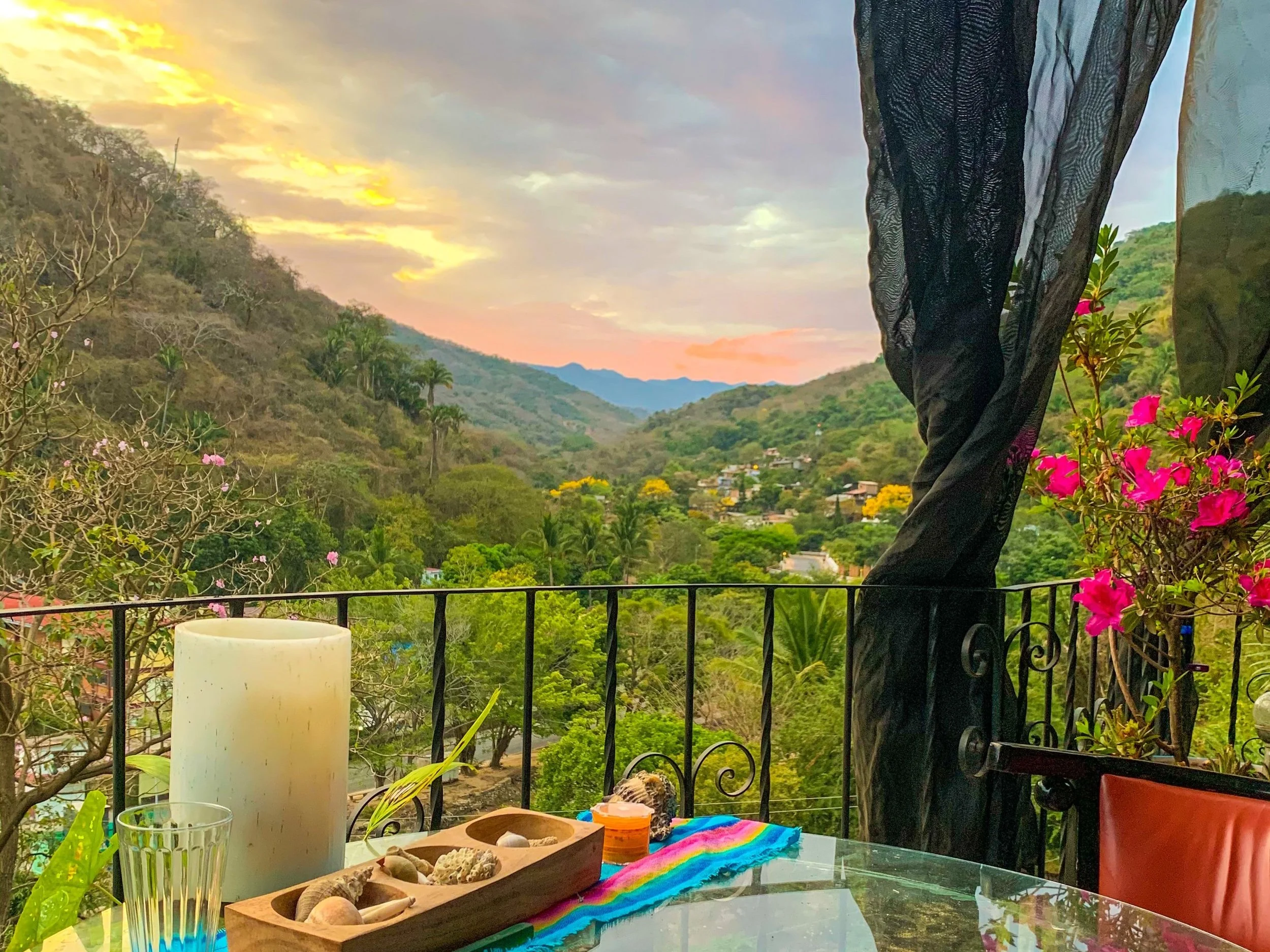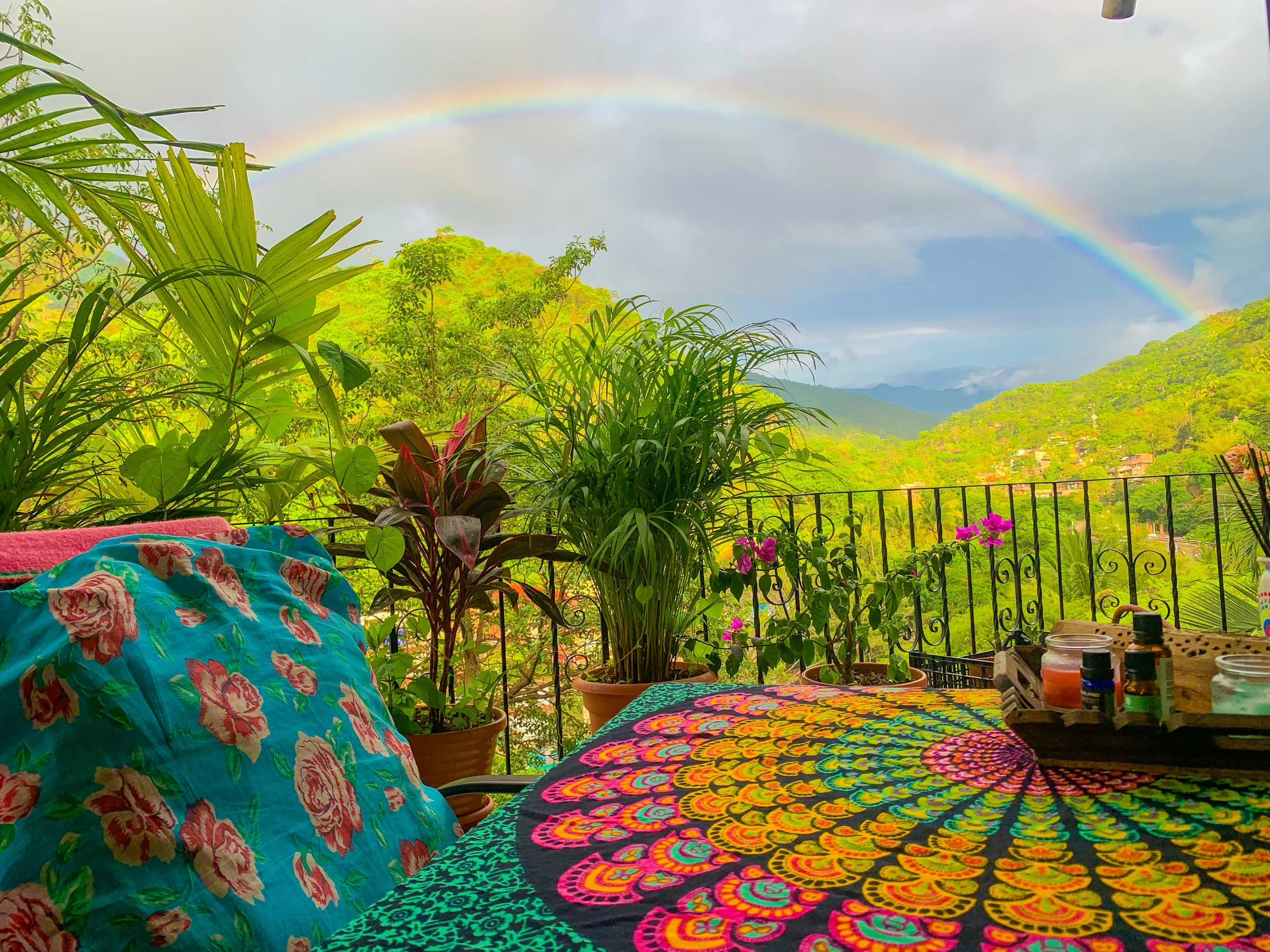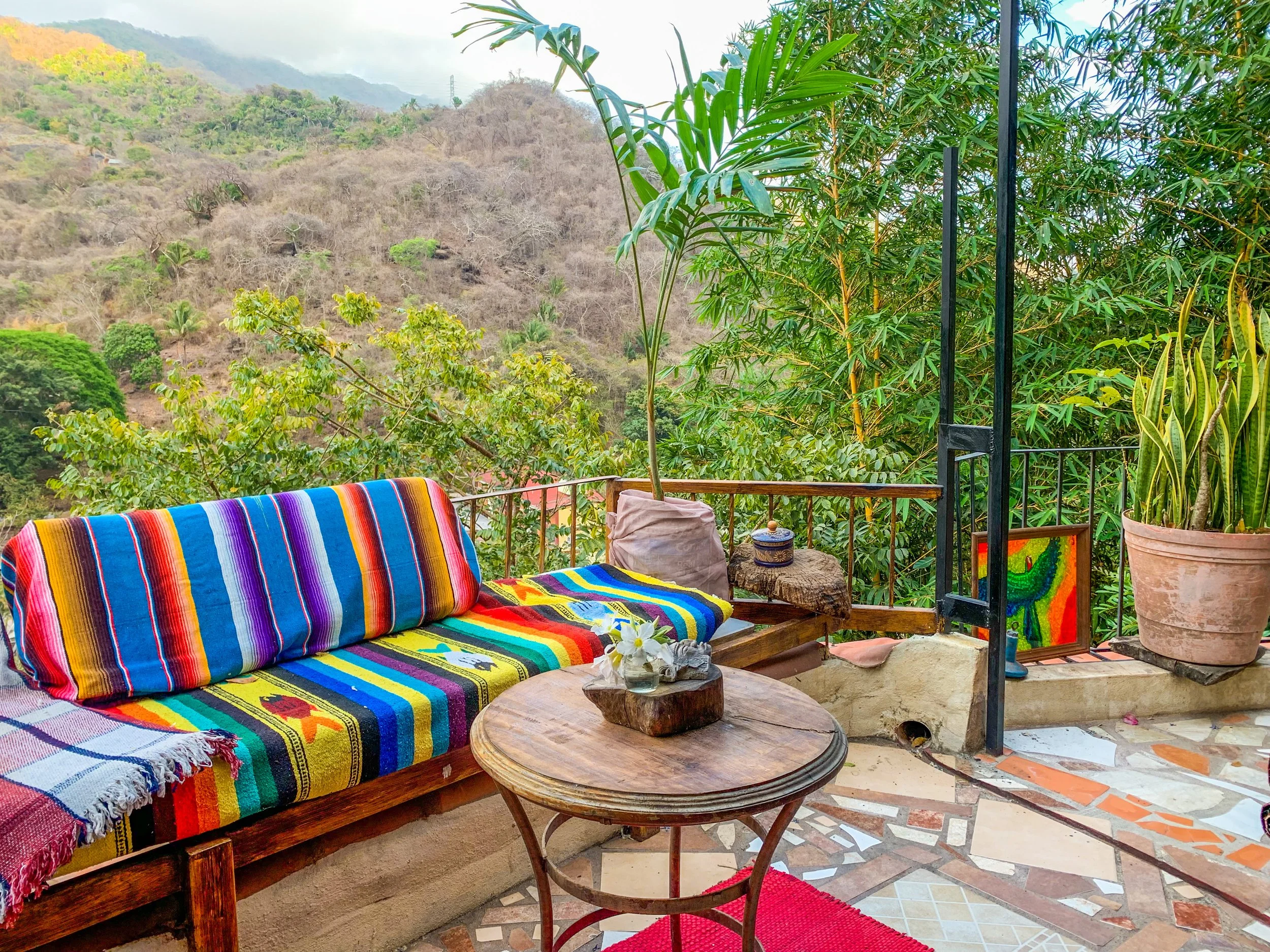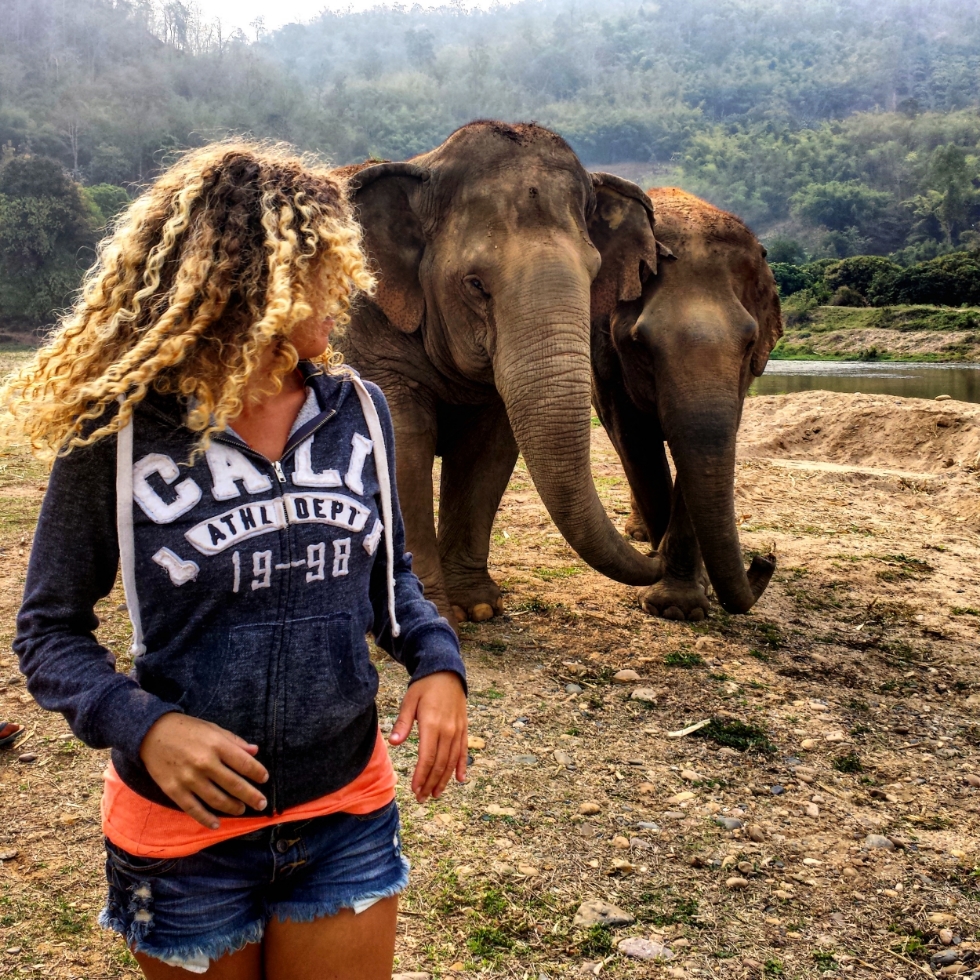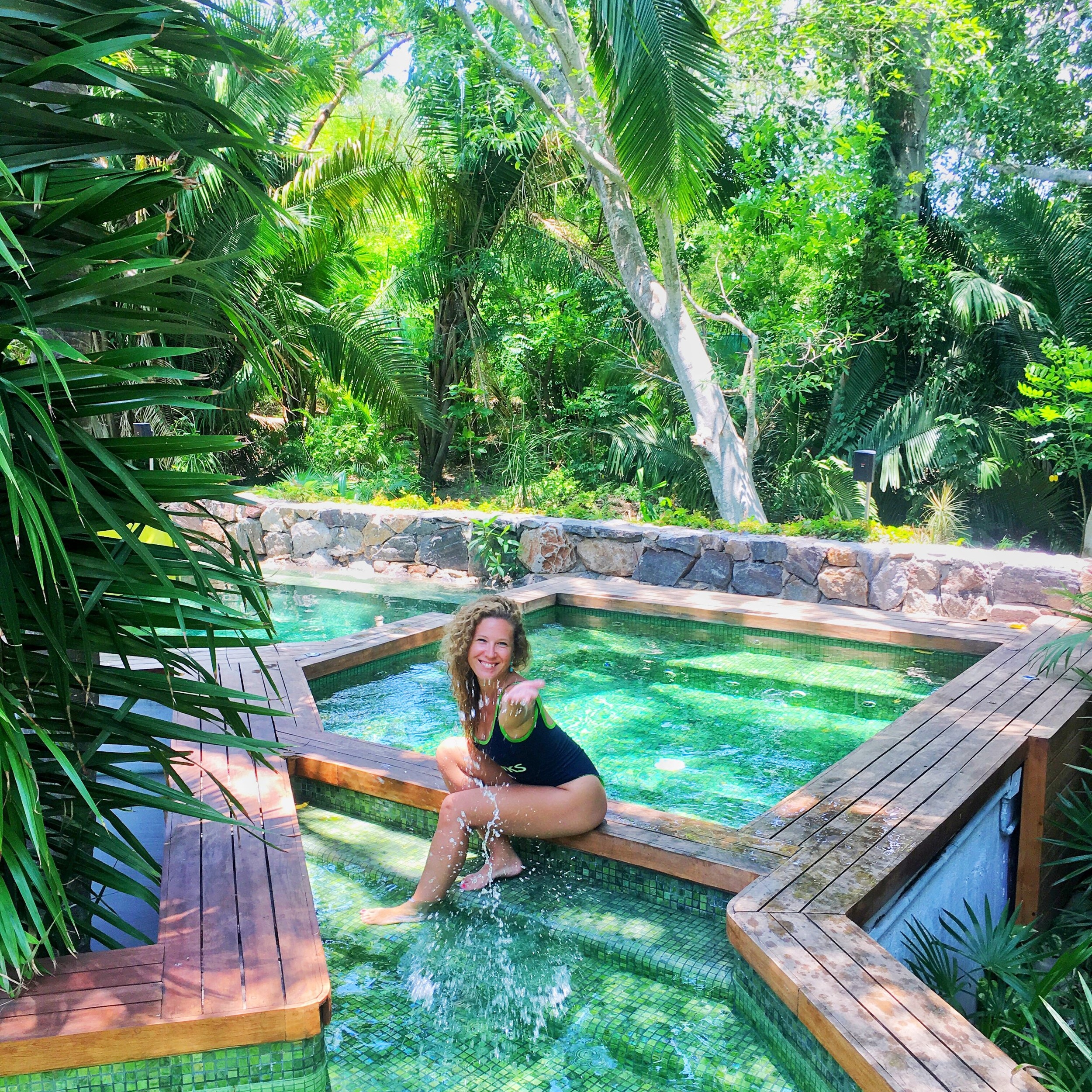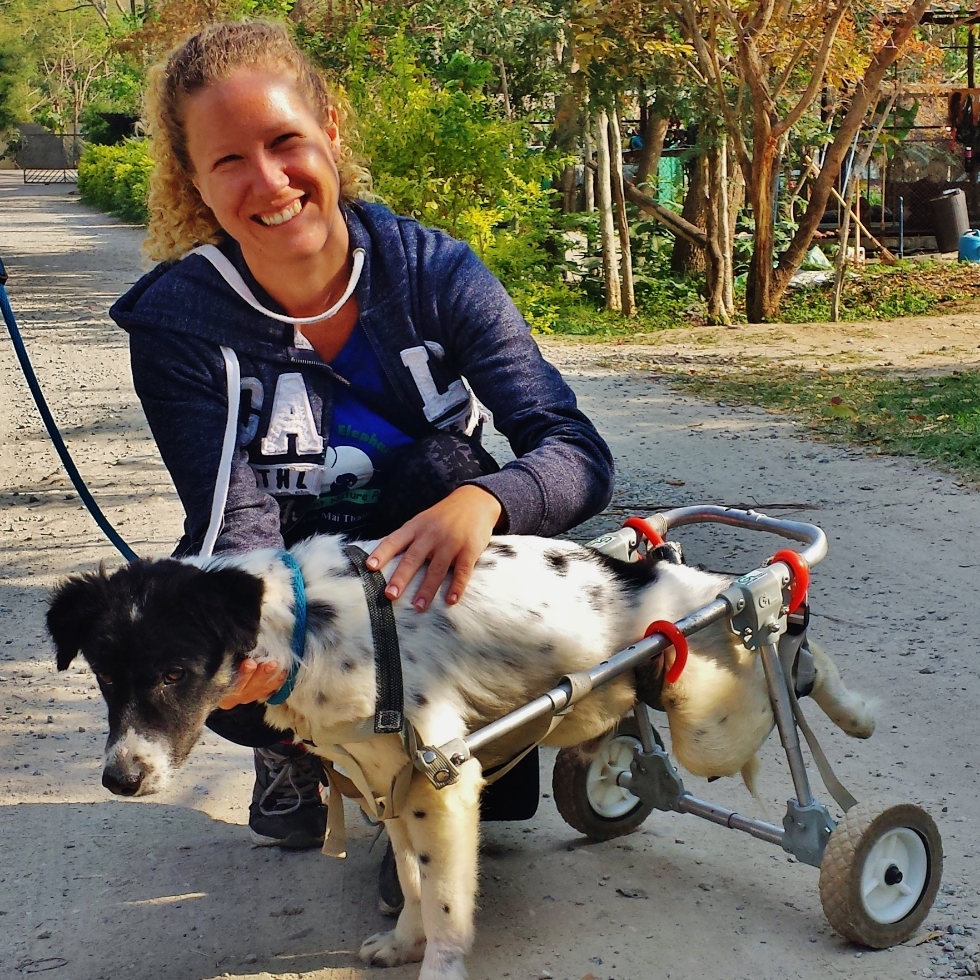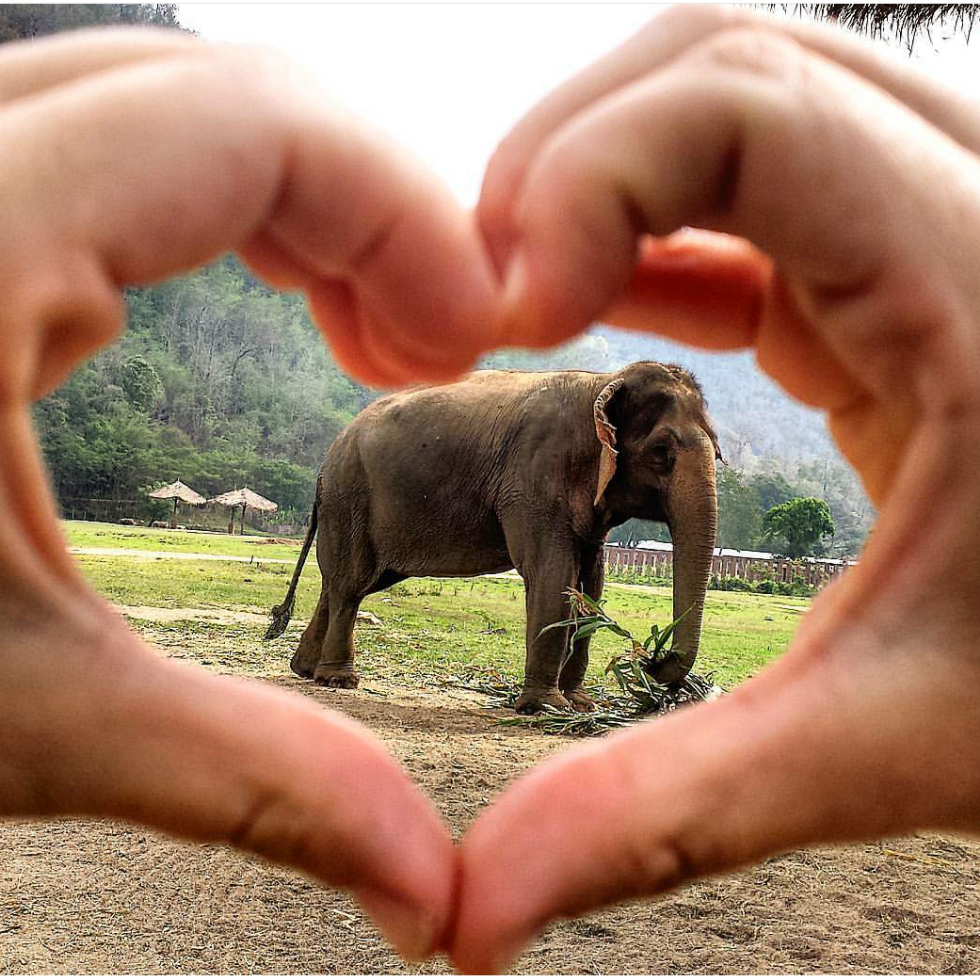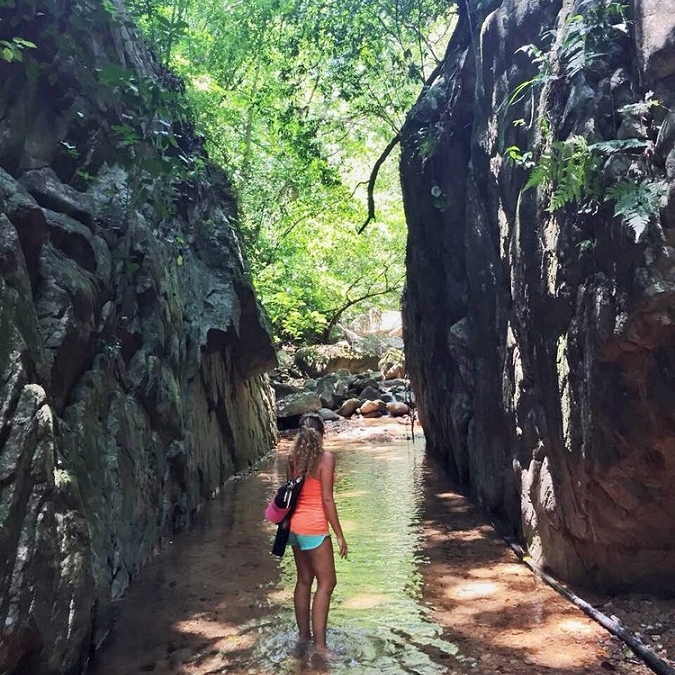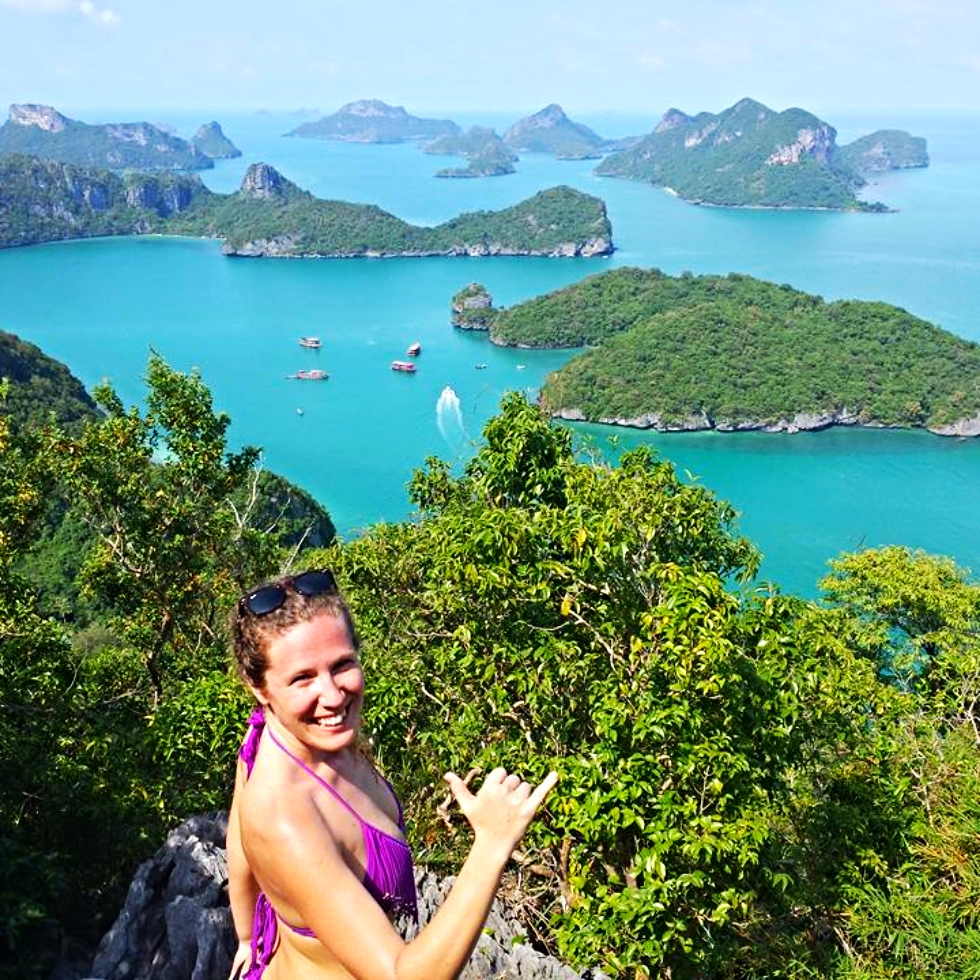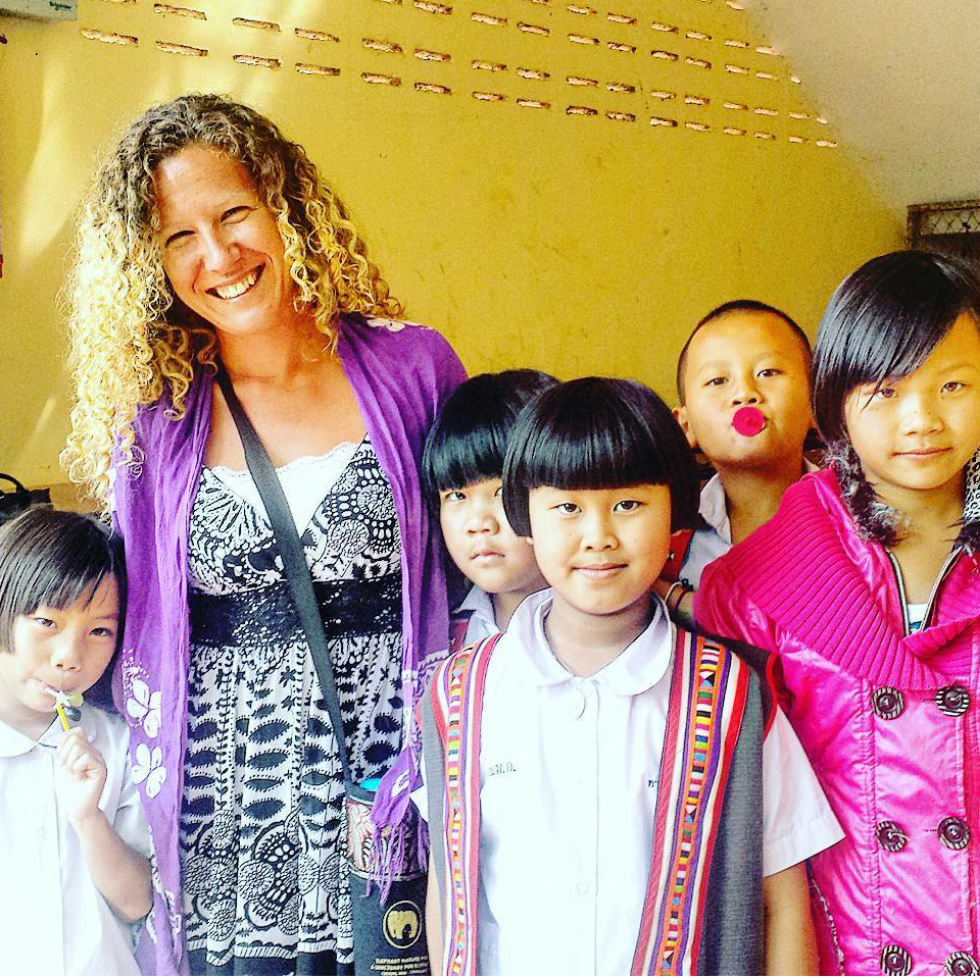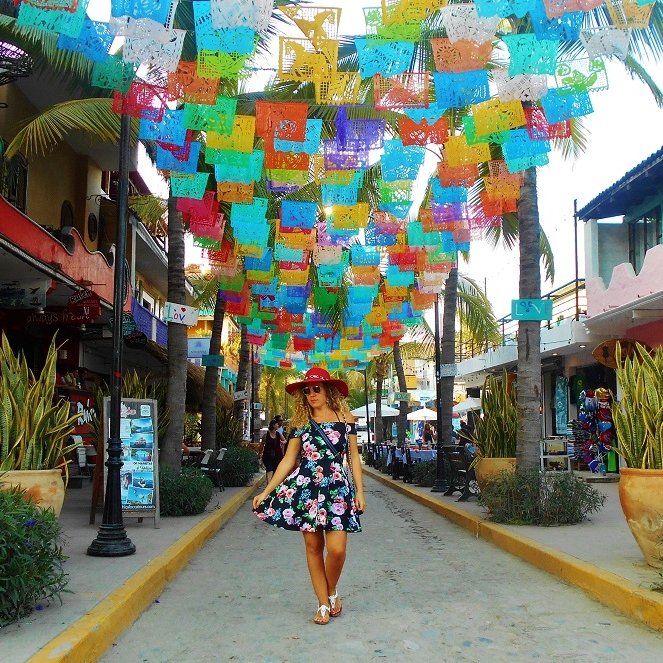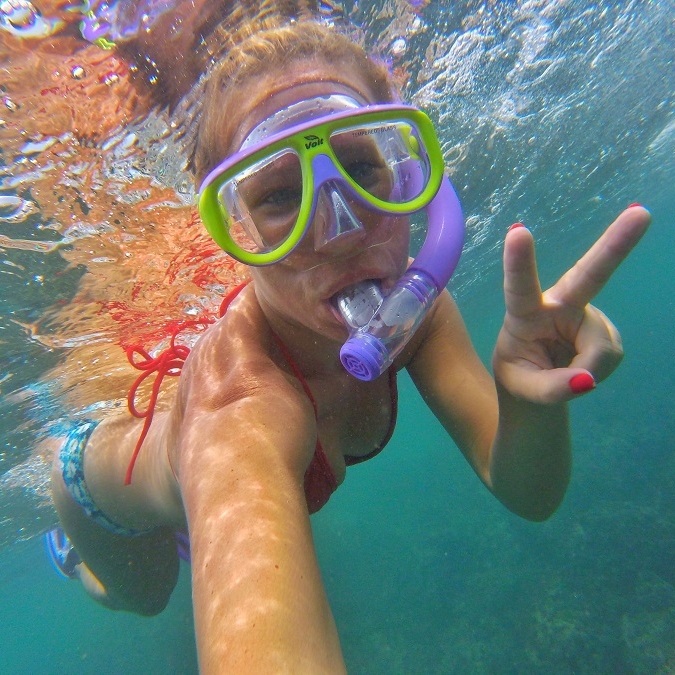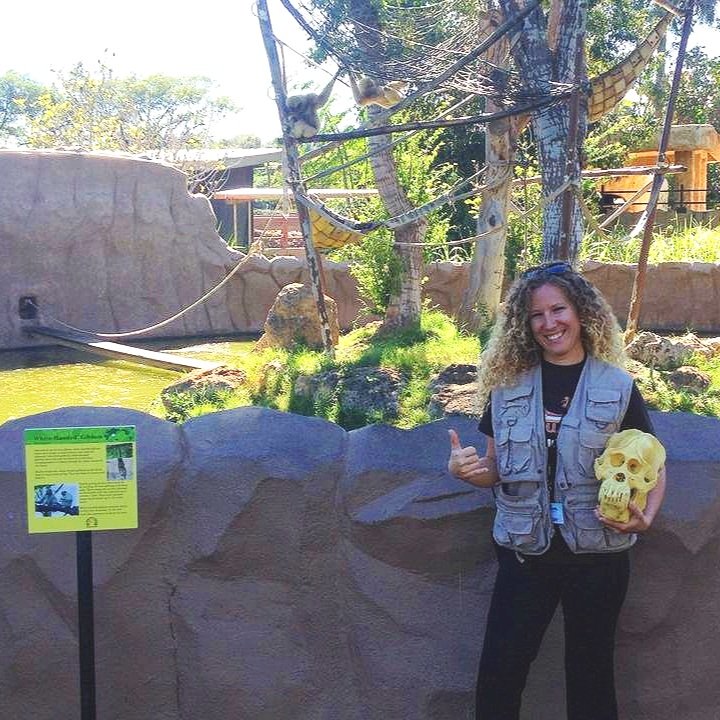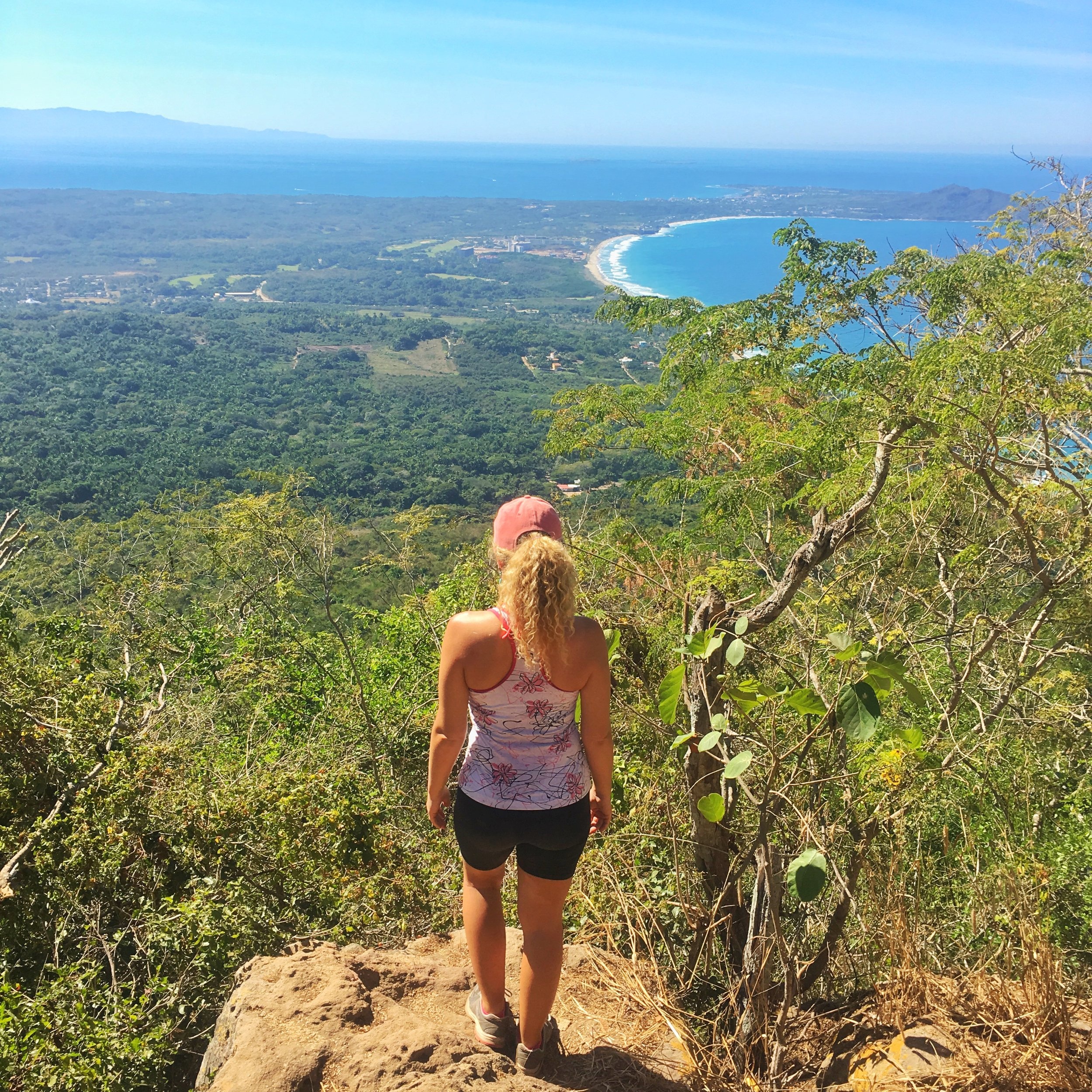One Woman's Journey to Save Endangered Animals Across the Globe
By S-E Staff Reporter Katie Dunn
Desaray Kjolseth’s life calling as an animal advocate came in steady increments as she discovered herself, and bits of the world.
Kjolseth said her love for traveling began the day she decided Hawaii wasn’t just a place to vacation, but a paradise she wanted to call her own. She was born in California, but grew up and graduated from the Colville High School. While the landscape in Washington is beautiful, the winter seasons were off-putting.
In Kjolseth’s mind nothing in Washington could surpass the call of the Hawaiian sun.
After saving up Kjolseth moved to the island state in 2011. Her first job there was working at an Urgent Care facility as a front desk receptionist. She began networking and not long afterwards she found a lucrative job as a marketing executive for a community radio company.
Veterinarian
This wasn’t what Kjolseth wanted for her life though.
She didn’t care about money, she wanted to work toward her passion of wildlife conservation. Realizing this, she started down the path to becoming a vet.
Kjolseth quit her job in marketing to focus all her efforts on attending the University of Hawaii for the Animal Sciences Pre-Veterinary program.
After pursuing her education for three years she began to question her dedication. She wanted to be absolutely 100 percent certain that being a vet was the career choice for her, especially since it would require even more time and money to complete the education she needed.
Kjolseth took a hiatus from college to volunteer at the Honolulu Zoo for six months in order to gain hands on experience with animals. At the zoo she worked alongside the gorillas and orangutans by talking to visitors about animal conservation. She informed the public on all the ways products in their homes negatively alter the rainforests, the habitat for many animals.
This experience taught Kjolseth just how much she enjoyed advocating for animals.
“When people buy things at the store they just don’t realize the affect that they have on our ecosystem,” Kjolseth pointed out. She wanted to be the person to tell others about their impact, but in a fun and educational way.
For Kjolseth’s next job she was hired as a veterinary technician at an animal hospital. It was a here that she began to see a glimpse of the future she had been working toward.
She saw 40 hours a week stuck in a room with four white walls.
She worked at the hospital for three months before coming to the conclusion that being a veterinarian wasn’t for her.
It didn’t have a big enough impact.
Kjolseth considers herself more of an advocate, a spokesperson for animals. To get a bigger impact she knew she needed a broader perspective. To work on a grander scale she decided she needed to travel.
To Thailand
Kjolseth did a lot of research before picking a destination.
She chose Thailand first because, not only did it come highly recommended for beginning backpackers and travelers, but it was the location of the Elephant Nature Park. The park is a sanctuary and rescue center for elephants in the Chiang Mai province of Northern Thailand.
According to Thailand visa regulations, tourists visiting Thailand can only do volunteer work if they have a non-immigration O visa and a work permit. This makes volunteering in Thailand a bit tricky for tourists passing by for a short stint.
Kjolseth said the country welcomes tourists, but they don’t want them sticking around. “The Thai want to make sure tourists come into the country, they explore it, they like it and then they leave,” she noted.
The Elephant Nature Park that Kjolseth found allowed her to pay for the opportunity to volunteer. She signed up for a week for 12,000 Thai Baht, roughly $341. This bought her three meals a day, a boarding room reminiscent of her college dorm days and the chance to work with elephants.
Because of Kjolseth’s vet technician experience from university, she was accepted into the park’s veterinary program. The program allowed her to perform medical procedures on several of the elephants.
“I was absolutely so excited,” recalled Kjolseth.
Elephants
Kjolseth’s first patient was a 43-year-old elephant named Malai Tong.
Malai Tong was rescued from a trekking camp, a place where tourists can ride elephants, after she stepped on a landmine that blew the back of her foot off.
According to Kjolseth, because the elephant lost her value to the tourism industry she needed to be rescued.
Nearly everyday Kjolseth was at the park she got to visit with Malai Tong.
The mahout, the title of a person who works with the elephants, would tell Malai Tong to get down on one knee, which she would do to expose her back injured foot. Kjolseth would then use a scrubber to clean the wound, rinse it and spray it with antiseptic.
Kjolseth noted that smaller animals like cats or dogs might wiggle and need to be restrained, but the elephants will just sit there. She compared their intelligence to that of a seven-year-old human child.
Crushing spirits
It was heartbreaking for Kjolseth to see and hear the stories of what the elephants endured.
“I think the best part about the Elephant Nature Park was learning that everything isn’t what it seems when you think about just basic tourism,” said Kjolseth.
When most people think about traveling to Thailand they think about the experience of riding an elephant. What people don’t realize is that in order for elephants to get to the point of being ridden, they have to be taken out of the wild, put into a small space, normally a cage or crate, and essentially broken until they are obedient.
Once in a small space, baby elephants are beaten into submission with clubs, pierced with sharp bull-hooks, and simultaneously starved and deprived of sleep for many days.
Kjolseth said it’s called phajaan, which is to basically crush an elephant's spirit.
“The tourists enjoy seeing an elephant, but they just don’t realize what the elephant had to go through to do that,” Kjolseth explained.
“Once I had realized that, it made me want to be a part of a grander scale to actually reeducate the public. To basically bringing awareness to being an eco-friendly traveler as opposed to someone who goes to another country and just kind of takes advantage of all the things that are marketed and exploited.”
Kjolseth said the biggest difference between Hawaii’s tourism and Thailand’s is that Hawaiians go out of their way to preserve nature and to protect animals.
“[Hawaiians are] very strict on conserving areas, whereas in Thailand, where people are trying to make money to get by, they’ll run the animals and the areas dry until they’re dead,” said Kjolseth.
Solo traveler
While in Asia Kjolseth visited six countries: Indonesia, Singapore, Thailand, Cambodia, Vietnam and China.
Many people voiced concerns over her being a solo female traveler, but Kjolseth followed the basic travel rules and said she never once felt threatened.
“In Thailand they’ll literally stick a sticker on you saying where you’re going,” Kjolseth said. She added that bus drivers were also very considerate of travelers and always made sure their passengers reached their destination.
Kjolseth said the best part about traveling has been the freedom that comes with it.
“I’m kind of a thrill seeker,” remarked Kjolseth. “Monotony is my kryptonite, it’ll kill me if I have to do the same thing every single day.
“I have to say the best thing is waking up in the morning and not knowing what I’m going to do each day, not knowing where I’m going to be.”
Traveling to foreign lands by herself got Kjolseth out of her shell, out of her comfort zone, which made her feel accomplished each time she she visited a new country.
“Surprisingly I did not get lonely at all,” added Kjolseth. Feeling lonely is often a fear people have when traveling alone, but according to Kjolseth, if she was in the mood to meet people she had no problems finding somebody to talk with.
“I was meeting so many people I literally struggled to find time to myself,” Kjolseth said.
What’s next
Now that Kjolseth has gotten her feet wet in eco-friendly traveling, giving back to the communities she visits, she wants to continue by traveling more.
“My goal is to bring awareness to people about what’s actually going on in these other countries,” Kjolseth announced. She realized animals in other countries don’t have the same protections that they do in America. This goes beyond elephants.
For her next journey she’s debating between Australia, Japan and Europe. From a fellow volunteer at the Elephant Nature Park, Kjolseth heard about a cove in Japan being notorious for dolphin slaughter. This drew her curiosity and she plans to look further into the matter.
Her immediate next step though is to get back to Hawaii and raise more money for her travels.
“There’s a lot of places that I want to see, so ultimately my list is very long,” said Kjolseth.
Kjolseth created her blog website My Deztination at first to connect her passion for animals with her travels. She wasn’t sure what direction she was going to take it at first, but with time she’s starting to find her niche.
“I think my goal is to become a solo female traveler who is inspiring people and bringing awareness to worldwide conservation, and to help encourage people to be eco-friendly travelers.”
She wants to encourage people to not only travel and show that they can do it fearlessly, whether solo, as a couple, or when older, but to do one small little thing to give back each time. She doesn’t care if it’s by volunteering or through new knowledge, she want’s people to give back and to share their experience with social media.
If more people did that Kjolseth said she’d feel complete.
Let Your Dreams Take Flight!
Read Next:
Dez, Founder of My Deztination, recently gave up her executive career in Hawaii to travel the world, volunteer with influential causes & inspire others to do it, too.
Follow her journey across the world, get informative travel tips, connect with causes & see inspirational photography from around the globe!
Mission:
“To show you how to travel the world on a budget,
and truly make a difference while doing it. ”
Watch My Latest Travel & Volunteer Videos!
This is Khamla, a baby elephant suffering from a form of herpes that is deadly in the Asian Elephant. Because Khamla refused to take his medications orally, the veterinary team and myself administered the antiviral rectally throughout the day and night, trying to save his life.


